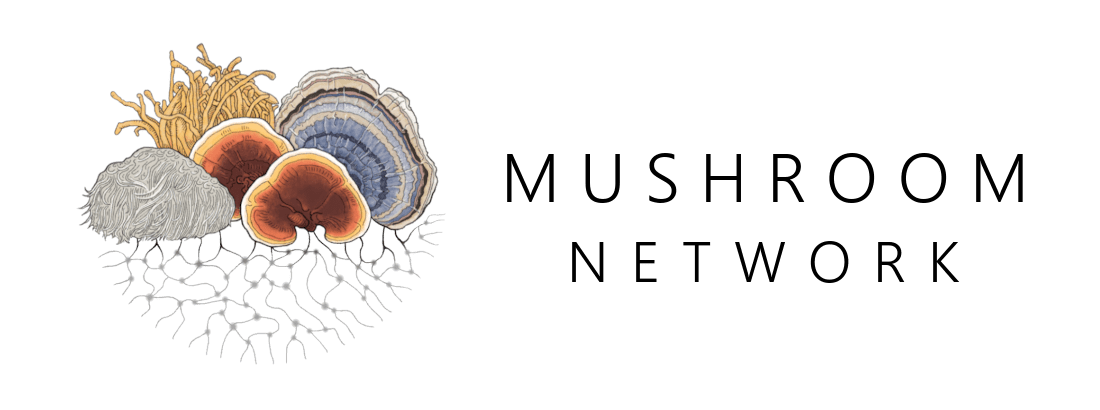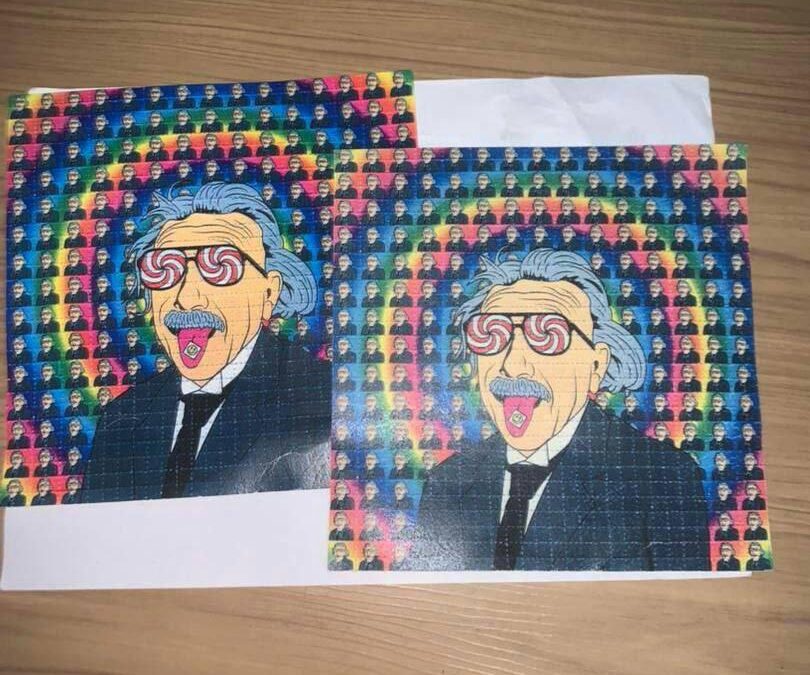Introduction to LSD (Lysergic Acid Diethylamide)
History and Background of LSD
How LSD Works in the Brain
Introduction to LSD (Lysergic Acid Diethylamide)
LSD, also known as Lysergic Acid Diethylamide or simply acid, is a hallucinogenic drug that can alter one’s perception, thoughts, and feelings. It has a rich history and a complex mechanism of action in the brain.
History and Background of LSD
Discovered in 1938 by Swiss chemist Albert Hofmann, LSD gained popularity in the 1960s counterculture movement for its mind-expanding effects. Despite its controversial reputation, it continues to captivate researchers and enthusiasts alike.
How LSD Works in the Brain
LSD interacts with serotonin receptors in the brain, leading to changes in perception, mood, and cognition. Its effects can vary from euphoria to profound introspection, making it a substance of interest for various fields of study.
Enhanced Creativity and Problem-Solving Abilities
One of the intriguing benefits of LSD is its potential to enhance creativity and problem-solving skills, inspiring artists, scientists, and thinkers to explore the depths of their imagination.
Studies on LSD and Creativity
Research suggests that LSD can increase cognitive flexibility and open-mindedness, allowing individuals to approach challenges from novel perspectives and generate innovative solutions.
Impact of LSD on Divergent Thinking
Individuals under the influence of LSD often report heightened creativity and unconventional thinking patterns, breaking free from conventional thought processes and exploring uncharted mental territories.
Spiritual and Transcendental Experiences
LSD has long been associated with spiritual and transcendent experiences, providing users with a profound sense of interconnectedness, awe, and existential insights.
Exploring Mystical Experiences on LSD
Many users describe LSD trips as transformative journeys that transcend ordinary reality, leading to encounters with mystical entities, cosmic revelations, and a deep sense of unity with the universe.
Connection Between LSD and Spirituality
The mystical and spiritual encounters facilitated by LSD have sparked interest in the exploration of consciousness, spirituality, and the nature of reality, offering a unique perspective on the human experience.
Mental Health Benefits: Anxiety and Depression Relief
In recent years, researchers have been investigating the therapeutic potential of LSD in treating mental health conditions such as anxiety disorders and depression, shedding light on its promising benefits.
LSD as a Potential Treatment for Anxiety Disorders
Preliminary studies suggest that LSD therapy can help individuals with anxiety disorders confront their fears, reframe their perspectives, and experience profound insights that promote emotional healing and growth.
Research on LSD’s Effects on Depression
Emerging research indicates that LSD may have antidepressant properties, offering relief from depressive symptoms by fostering a sense of connection, introspection, and emotional release during therapy sessions.
Increased Emotional Empathy and Connectedness
Empathy Enhancement on LSD
LSD has been known to amplify emotional empathy, allowing individuals to connect deeply with others and understand their emotions more profoundly.
Enhanced Social Connectedness and Bonding
People often report feeling more connected to those around them while on LSD, fostering a sense of unity and togetherness that can enhance social interactions and relationships.
Potential for Personal Growth and Self-Exploration
LSD-Assisted Psychotherapy for Personal Development
LSD-assisted therapy sessions have shown promise in facilitating personal growth by unlocking subconscious thoughts and emotions, leading to profound insights and self-awareness.
Self-Reflection and Insight Through LSD Experiences
Many individuals have reported gaining valuable insights about themselves and their lives during LSD experiences, promoting self-reflection and personal development.
Therapeutic Potential for Treating PTSD and Addiction
LSD and PTSD: Current Research Findings
Research suggests that LSD may hold potential in treating PTSD by helping individuals process trauma and reduce symptoms through altered states of consciousness.
Exploring LSD’s Role in Addiction Treatment
There is growing interest in exploring how LSD-assisted therapy can aid in addiction treatment by addressing underlying psychological issues and promoting behavioral changes.
Conclusion: Exploring the Controversies and Future Research
Controversies Surrounding LSD Use
Despite its potential benefits, LSD use is surrounded by controversies related to legality, safety, and ethical considerations, sparking debates about its use in therapeutic settings.
Potential Areas for Future Research on LSD Benefits
As interest in the therapeutic potential of LSD grows, future research could focus on exploring its mechanisms of action, optimizing therapeutic protocols, and expanding its applications in mental health care.









![How to Buy Shrooms Online in [Your Country/Region]](https://magicmushroomstore.us/wp-content/uploads/2023/07/Shoomiesstars-300x300.jpeg)





